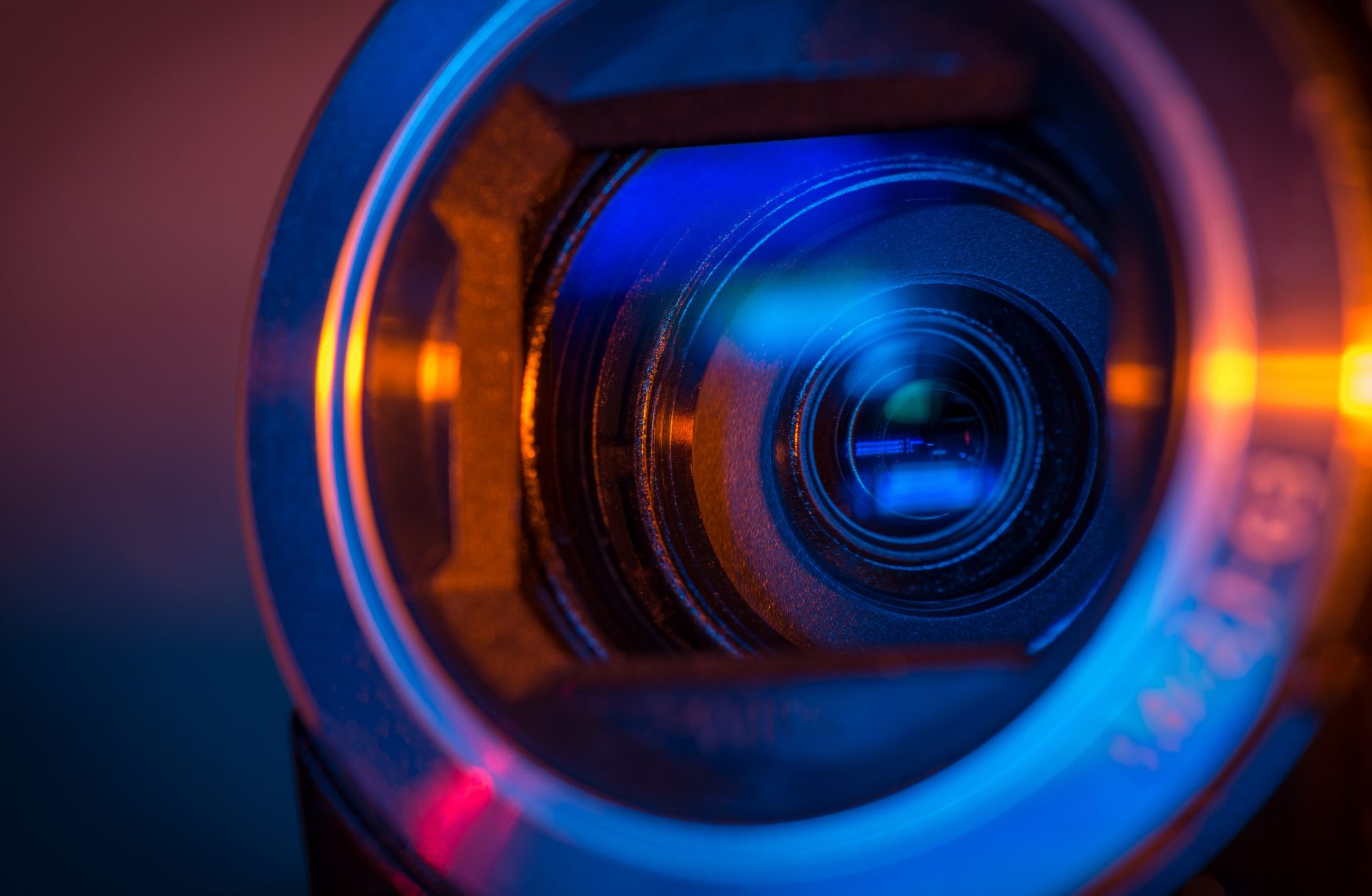
The Laws Regarding Video Surveillance
What Most Americans Don’t Know. Laws Regarding Video Surveillance. There is Little Control and Few Limits When it Comes to Government Surveillance.
Laws regarding video surveillance vary slightly from one state to another.
However, surveillance by the American government seems often to be governed by laws that are based on the need for national security.
In lieu of the attacks on 9/11 many high traffic areas in major cities have been installed with video cameras.
This includes many tourist attractions, such as the Statue of Liberty on Liberty Island, where many different nationalities of people gather together every day.
Most Americans seem to welcome the use of surveillance technology, particularly in places that might be a target for attack.
But what about when video surveillance extends to public spaces in the cities and towns where they live and move about every day?
Advanced video monitoring systems are appearing all over the United States and it’s important that Americans understand the laws regarding video surveillance.
It is estimated there are over 30 million surveillance cameras installed in this country shooting more than 4 billion hours of video each week.
And more and more cameras are being installed every day as the government and law enforcement see fit.
Big Brother is watching wherever and whenever Americans are out in public.
Government Video Surveillance
In the United States laws regarding video surveillance, though slightly different from state to state, are legal in two unique situations.
The first of these is for companies that monitor public spaces on their premises or areas that are used by their employees.
The second situation is for government surveillance in public places.
There are few laws regarding video surveillance that the government must follow.
If anything, the American government seems to think that video surveillance in public spaces is crucial to the security of this country.
The question that American citizens need to be asking is how far video surveillance goes toward violating their privacy, as outlined in the Fourth Amendment to the Constitution.
The Fourth Amendment protects people from unreasonable searches.
“The right of the people to be secure in their persons, houses, papers, and effects, against unreasonable searches and seizures, shall not be violated, and no Warrants shall issue, but upon probable cause, supported by Oath or affirmation, and particularly describing the place to be searched, and the persons or things to be seized.”
– Fourth Amendment to the United States Constitution.
The American government argues that video surveillance in public spaces is not a violation of the Constitution, as people aren’t expecting privacy in parks, shopping malls, or on roads.
And if people are still using privacy as a way to outlaw government surveillance, the government feels it has this covered by posting signs letting people know that they are in an area that is being monitored by video.
Covert Video Surveillance
Covert video surveillance is not legal when the subject being videoed is expecting privacy such as in a motel room, changing room, or bathroom.
If audio eavesdropping is included in video surveillance of any kind it automatically makes the surveillance illegal.
This is because in the United States audio surveillance is forbidden.
There are some circumstances when covert video surveillance may be considered to be illegal.
For instance, if surveillance is taking place in a location where no authority has been granted to film, it can be illegal.
Another circumstance that makes surveillance illegal is if the video will be used for any illegal means.
Anyone considering covert videoing needs to understand the laws regarding video surveillance.
For retailers who use video surveillance to prevent crime, it’s imperative they understand the ethics and legal issues of installing cameras.
Police departments in most states have the legal right to use covert video surveillance if the situation requires it.
For instance, police may use night vision cameras in a public park to apprehend drug dealers who are in violation of the closing hours of the park.
In most cases, however, a warrant issued from the court will still be needed.
Why We Should be Concerned About Video Surveillance
Fear of terrorist attacks, combined with the affordable cost of video cameras, is making the United States a country filled with surveillance and the eyes of Big Brother on them at all times.
This is a troubling concept in a democratic country.
As of now, video surveillance has not proven to be effective in preventing terrorism or crime.
Yet the United States government continues to justify the installation of more and more cameras.
Video surveillance is susceptible to many forms of abuse, particularly by the American government, which will soon be collecting mega information about people and storing this data in massive databases.
There are very few limits or controls for the use of video cameras.
This alone should make Americans very concerned about the continued use of video to monitor public places.
Perhaps the most fearful aspect of video surveillance is that Americans, as they come to understand just how much video cameras are used, will both consciously and subconsciously change the way they behave in public.
Did our Founding Fathers really want our freedoms to be reduced to this level?

 My First Amazing Ayahuasca Experience
My First Amazing Ayahuasca Experience  Pine Needle Tea
Pine Needle Tea  The REAL Controllers of Humanity: The Papal Bloodlines
The REAL Controllers of Humanity: The Papal Bloodlines  Is it Global Warming or Cooling?
Is it Global Warming or Cooling?  Gun Rights and Obama Examined
Gun Rights and Obama Examined